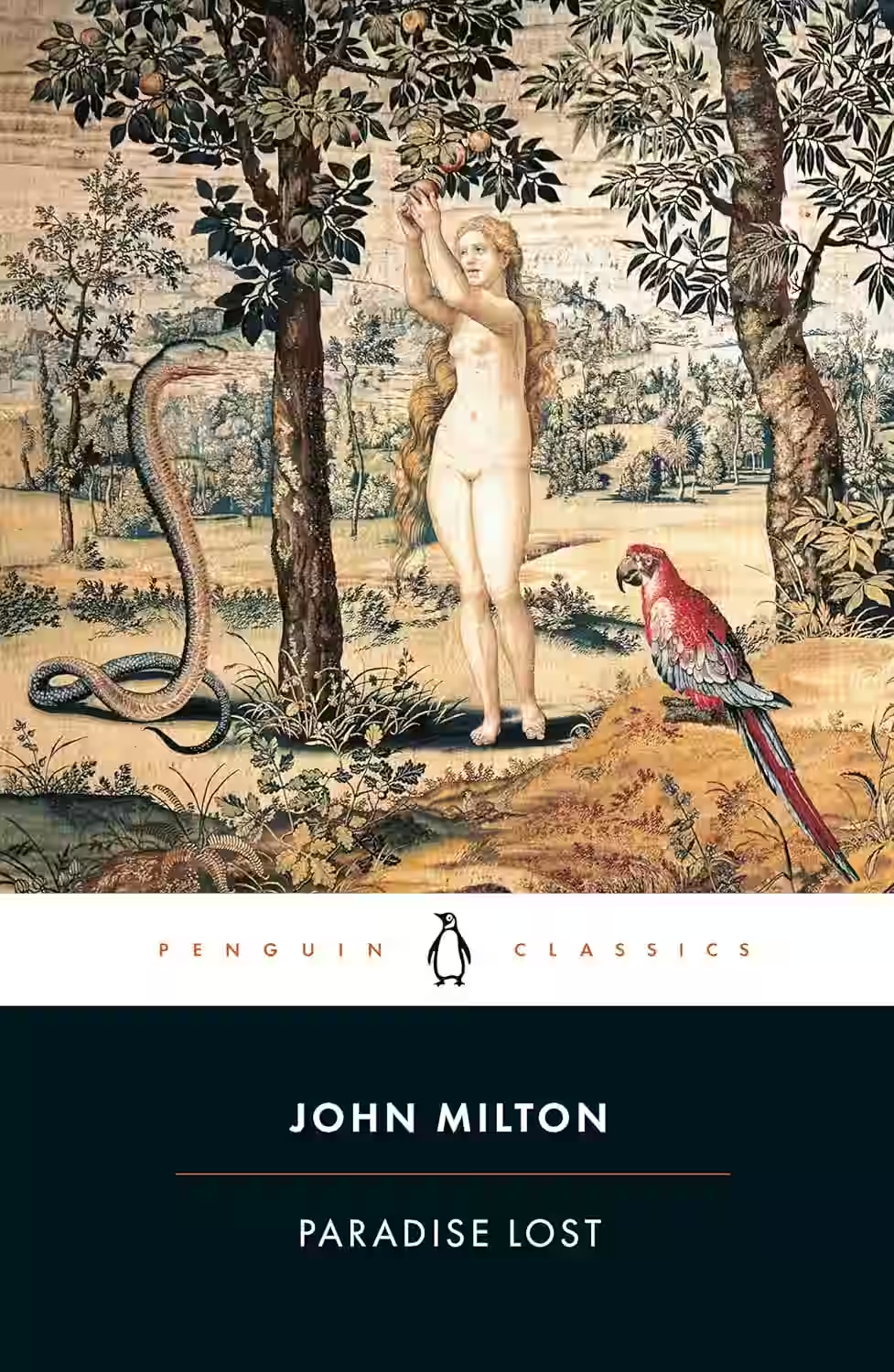
In Paradise Lost Milton produced poem of epic scale, conjuring up a vast, awe-inspiring cosmos and ranging across huge tracts of space and time. And yet, in putting a charismatic Satan and naked Adam and Eve at the centre of this story, he also created an intensely human tragedy on the Fall of Man. Written when Milton was in his fifties - blind, bitterly disappointed by the Restoration and briefly in danger of execution - Paradise Lost's apparent ambivalence towards authority has led to intensedebate about whether it manages to 'justify the ways of God to men', or exposes the cruelty of Christianity.
About John Milton
An English poet and polemicist, widely regarded as one of the greatest writers in the English language. He is best known for his epic poem Paradise Lost, which retells the biblical story of the Fall of Man with unparalleled grandeur and intellectual depth. Milton's work explored profound theological, philosophical, and political themes, including free will, divine justice, and rebellion. His masterful command of language and elevated style left an indelible mark on English literature.
Similar Books
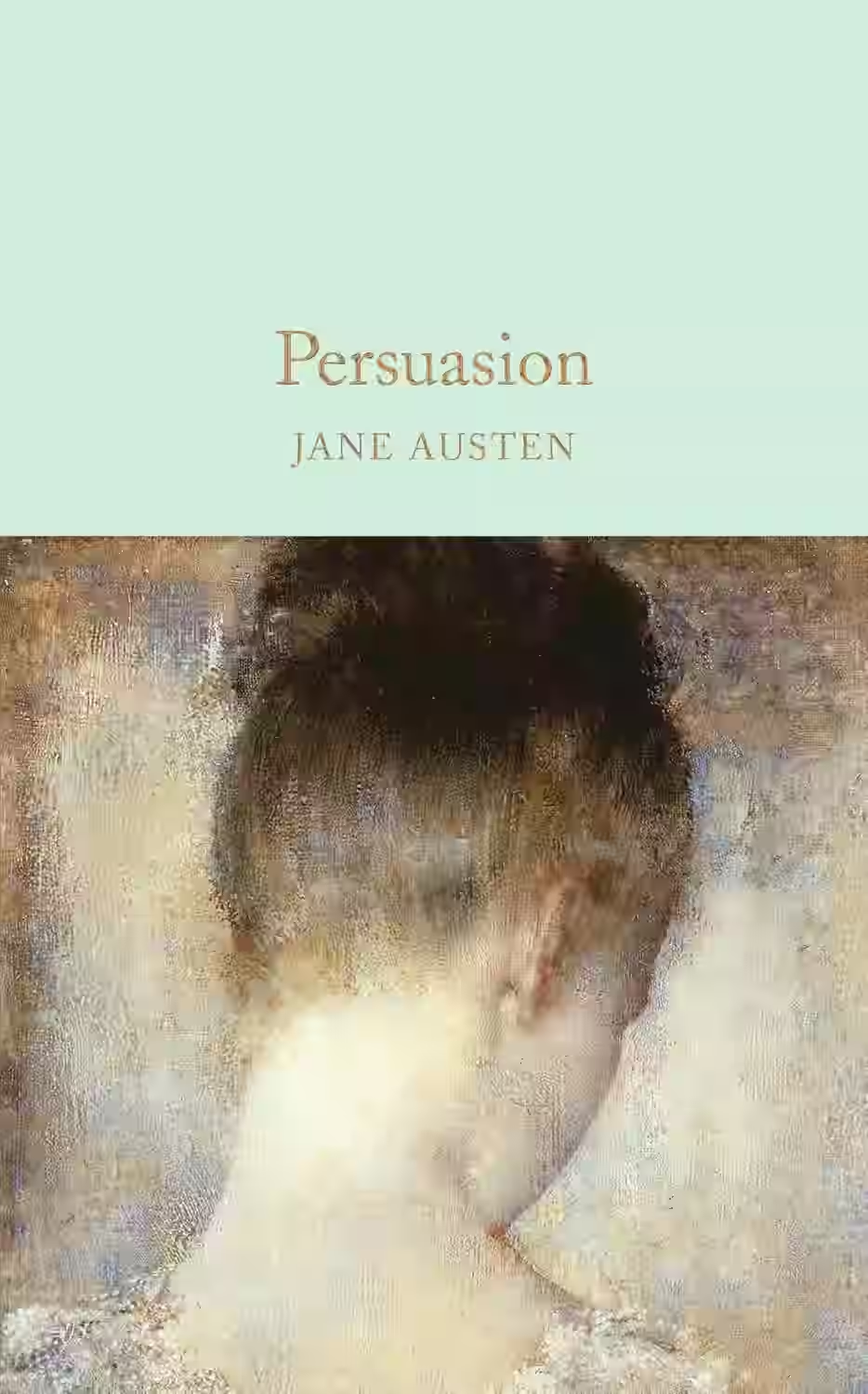
Persuasion
by Jane Austen
Jane Austen’s Persuasion is a quiet, mature romance about second chances. Anne Elliot, who once rejected the love of Captain Wentworth due to family pressure, encounters him again years later. Set against the backdrop of shifting social structures in early 19th-century England, the novel reflects on regret, resilience, and constancy. It is Austen’s final completed work and perhaps her most introspective, featuring a heroine whose emotional depth and intelligence reveal a nuanced view of love and personal growth.
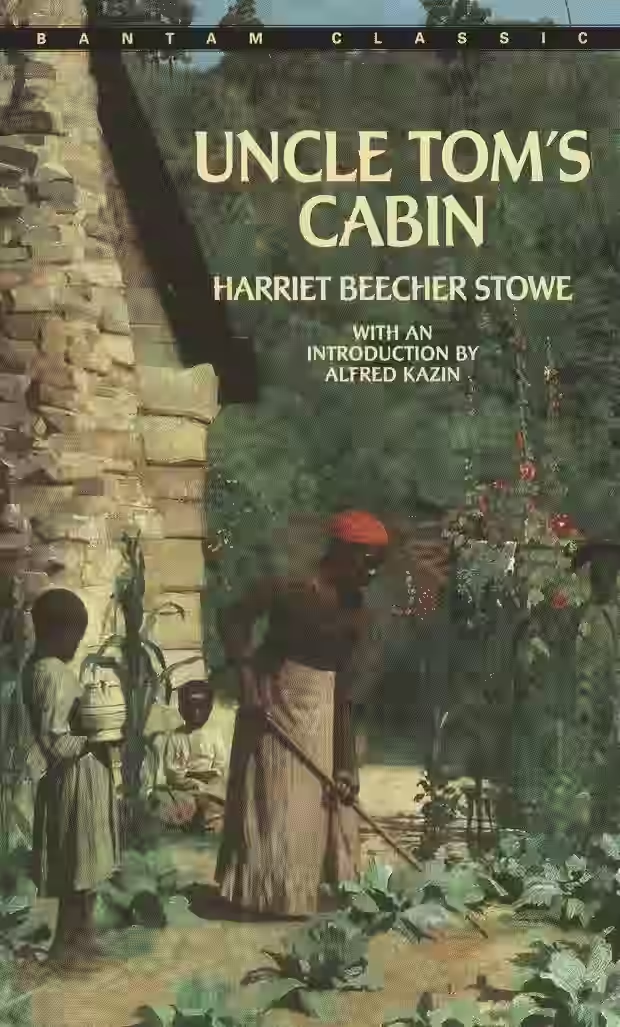
Uncle Tom’s Cabin
A landmark anti-slavery novel, Uncle Tom’s Cabin tells the story of enslaved man Tom and the brutal realities of slavery in 19th-century America. With vivid characters and emotional power, it galvanized abolitionist movements and shaped public opinion like no other book of its time. Though controversial for its portrayals today, it remains a pivotal work in American literature and history, sparking empathy and national debate.
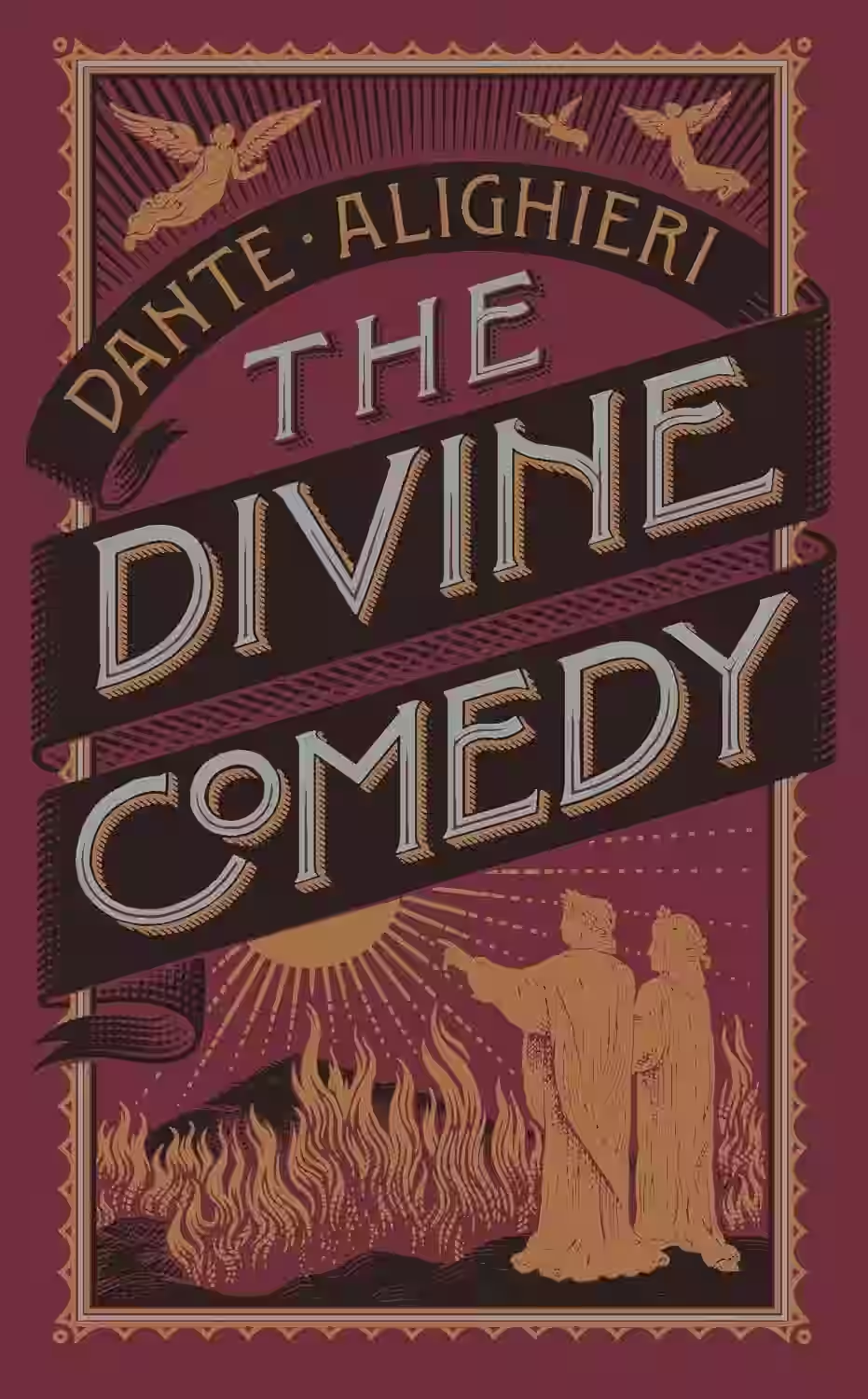
The Divine Comedy
Dante’s epic poem follows the author’s allegorical journey through Hell (Inferno), Purgatory (Purgatorio), and Heaven (Paradiso), guided first by Virgil, then Beatrice. Rich in theological symbolism, classical references, and poetic vision, it explores sin, redemption, and divine justice. The Divine Comedy is both a personal spiritual odyssey and a timeless meditation on human morality, inspiring countless works of art, literature, and philosophy since the 14th century.
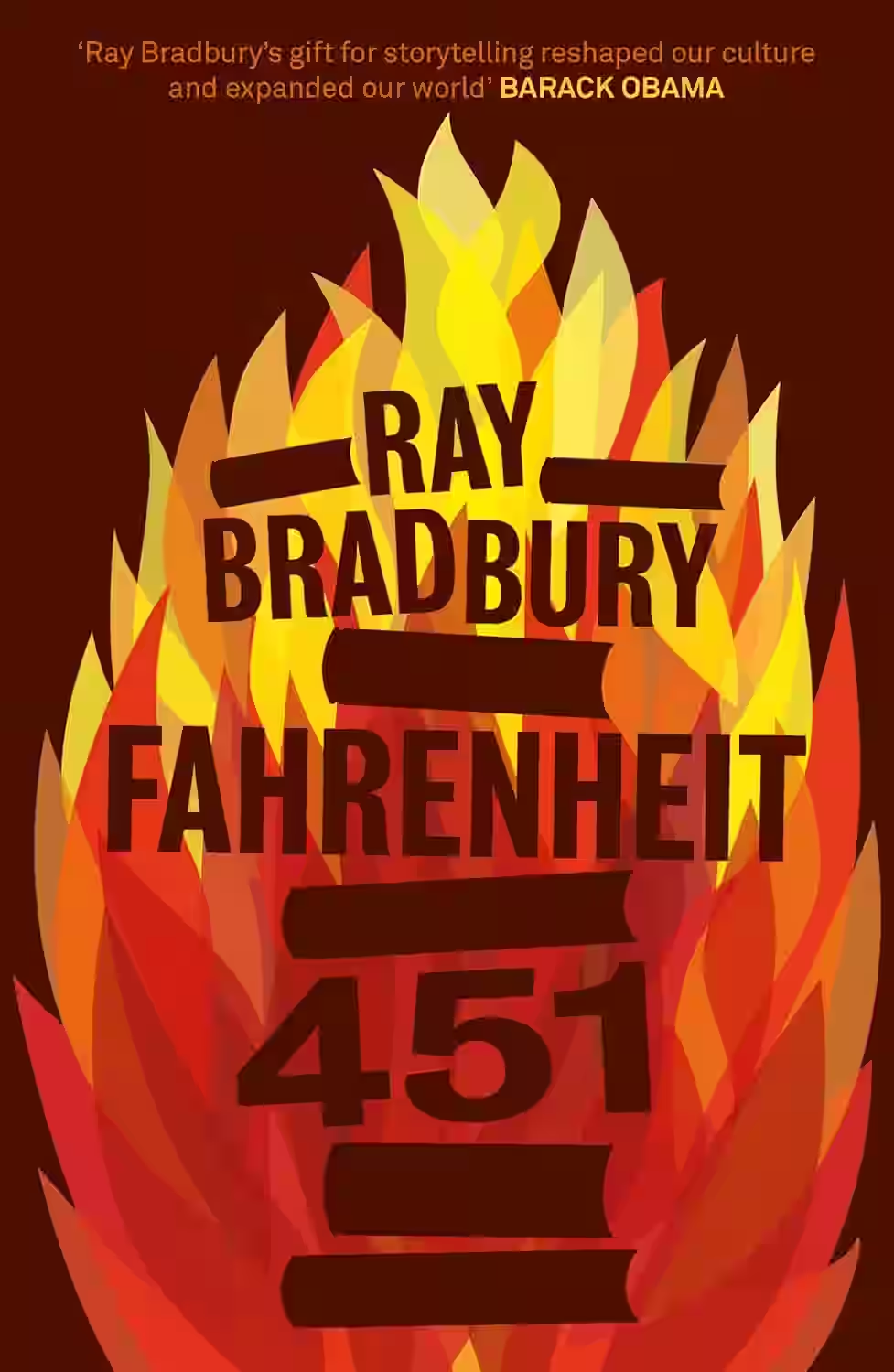
Fahrenheit 451
by Ray Bradbury
Ray Bradbury's "Fahrenheit 451" is a profound dystopian novel that delves into the consequences of a society bereft of critical thinking and free expression. Set in a future where books are banned and 'firemen' burn any that are found, the narrative follows Guy Montag, a fireman who begins to question his role in suppressing knowledge. The novel explores themes of censorship, the dehumanizing effects of technology, and the power of literature to inspire change. Bradbury's incisive commentary on conformity and intellectual repression remains remarkably pertinent, making it a timeless critique of society's foibles and the resilience of the human spirit in the pursuit of truth.